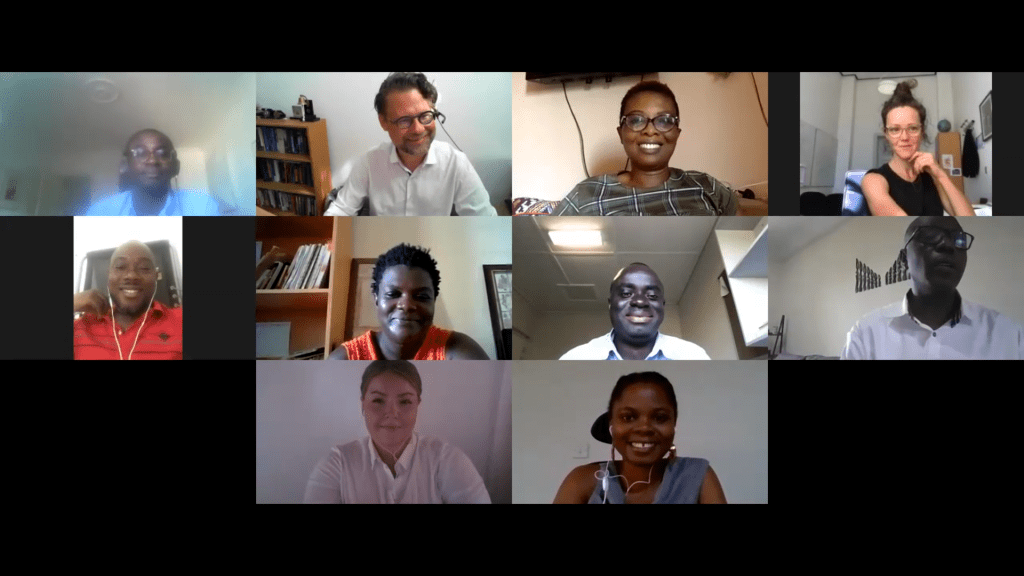On July 16th I had the pleasure to give a presentation on our our new project AMARIS to the African Maritime Collaborative Working Group by the US government. The group seeks to gather the US government’s “African Maritime Community of Interest in an open thought-provoking environment, […] to better enable US participation in African and worldwide maritime Domain Integration and Security Awareness.”
In the presentation I set out the core objectives of AMARIS for understanding the maritime security situation in Ghana, and what broader lessons can be gained from it. I particularly highlighted the potential of our training school to form a sustainable network of maritime security analysts.
